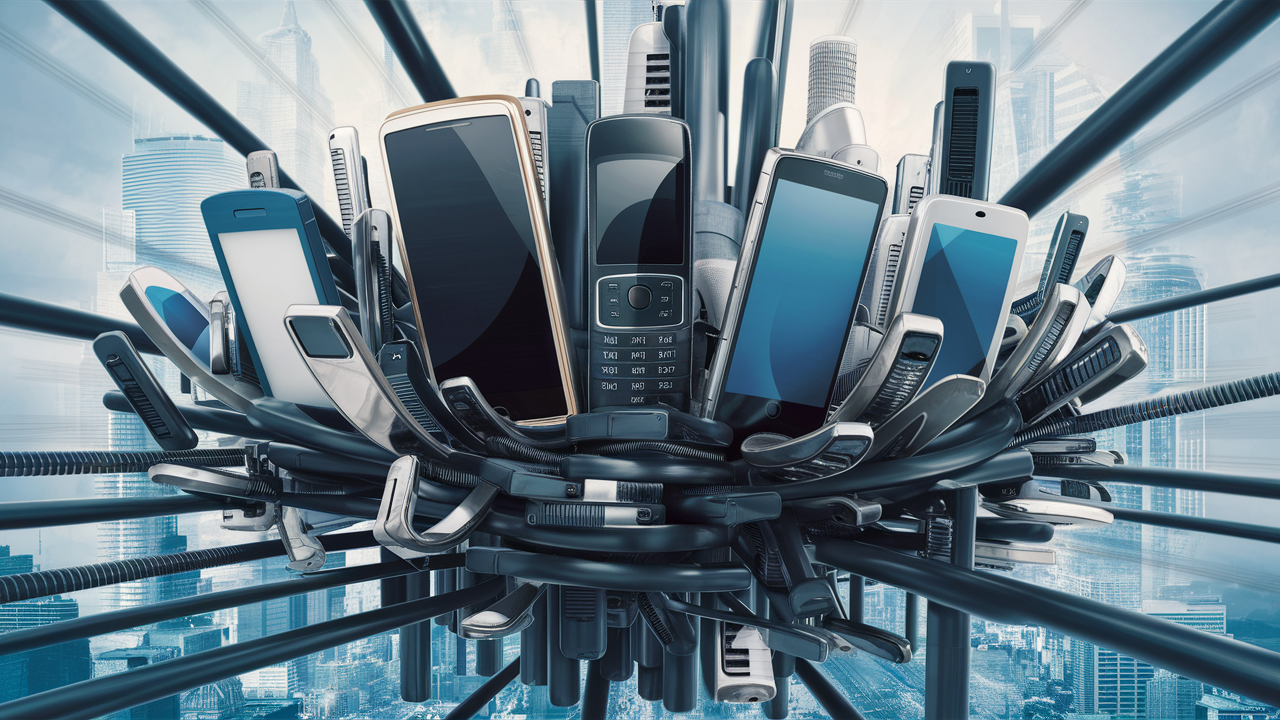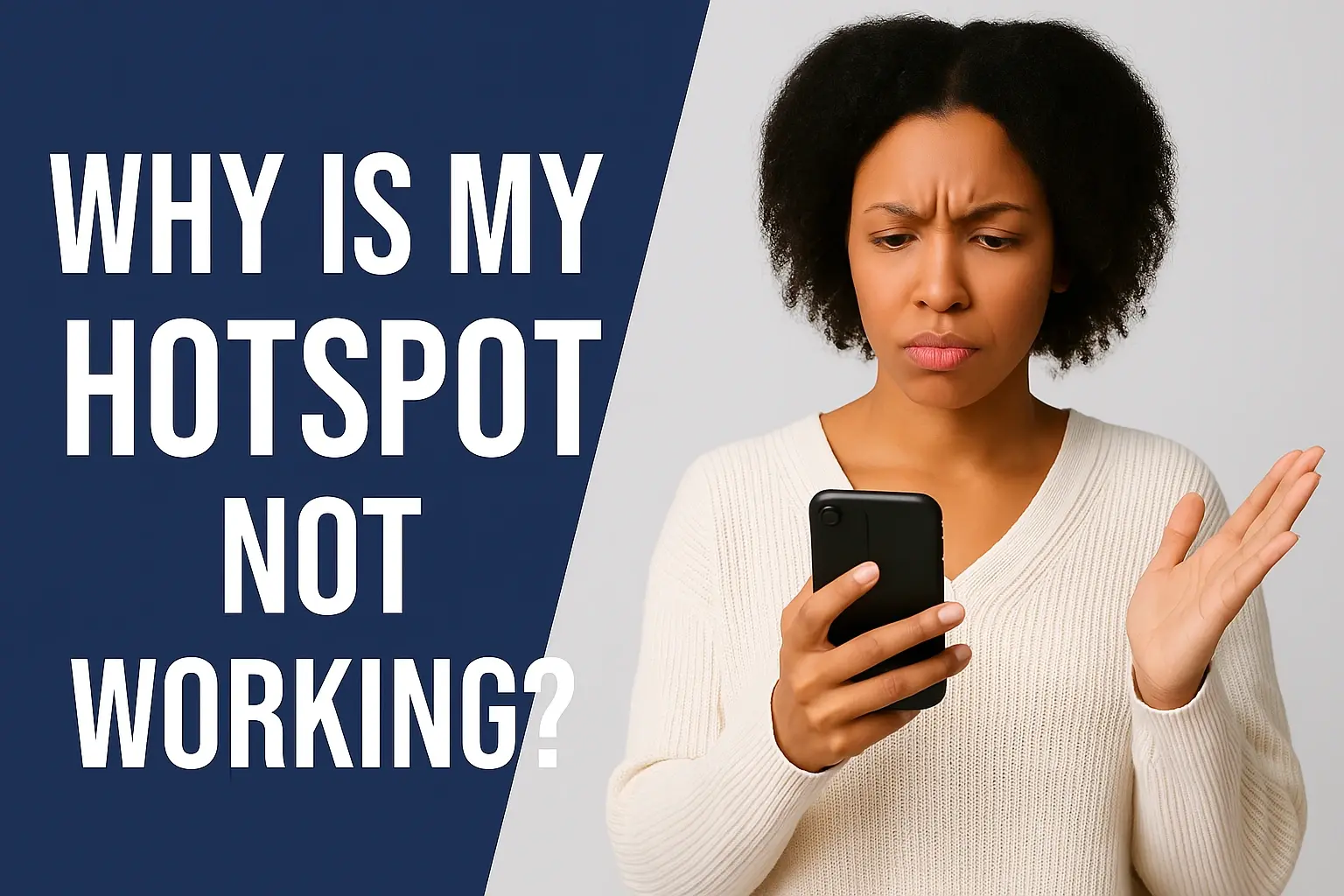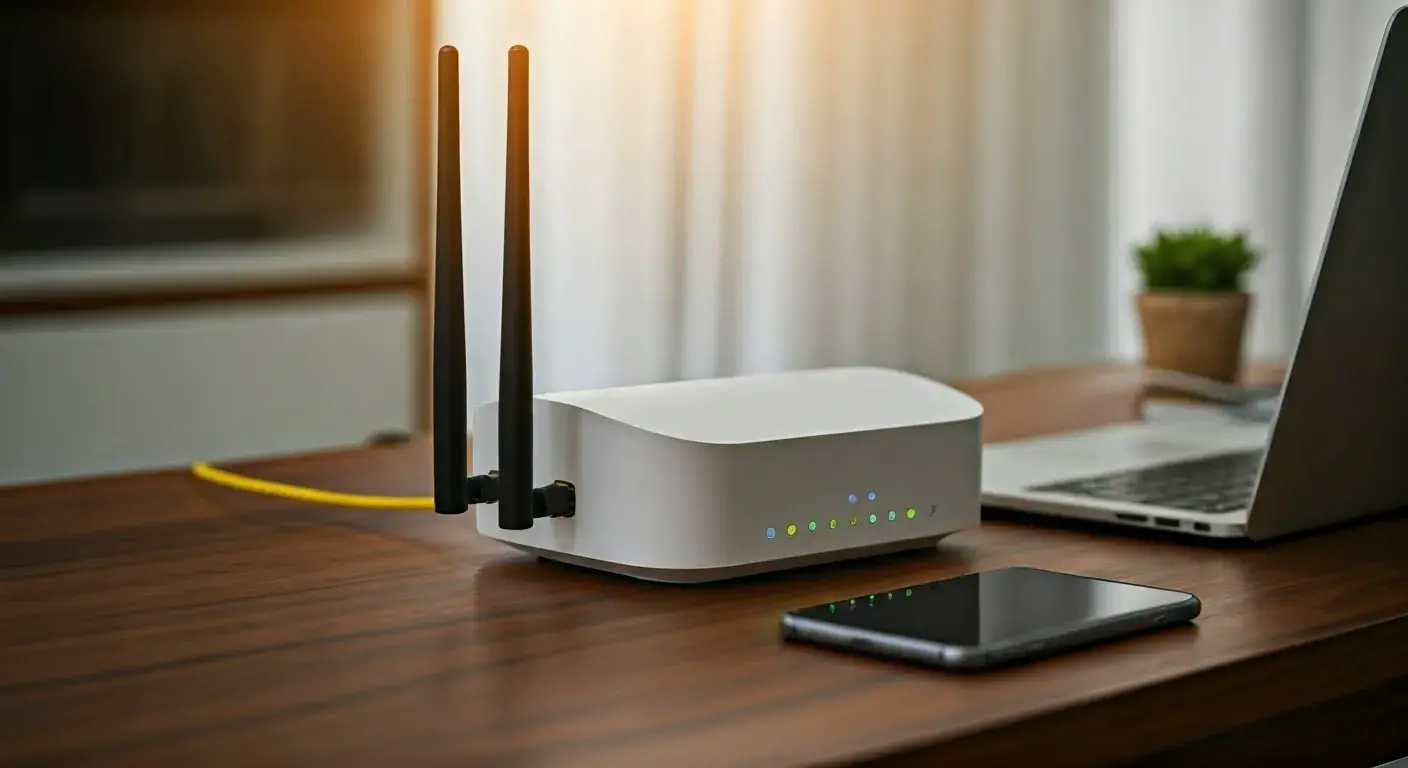What is replacing landlines?

Telephones have been in use in households and businesses for more than a century as one of the primary modes of communication. However, advancement in communication technology through Mobile phones and Voice over Internet Protocol (VoIP) has made the Copper-wire-based landlines almost obsolete. Below is a brief description of the entities that are progressively taking the place of the landlines in homes and offices.
Mobile Phones
The most literal replacement for landline phones is the mobile phones as pointed out above. Almost everyone in the developed countries has mobile coverage so they can carry their phone internet service in their pocket. Some households have just abandoned the wired service and are only using their mobile phones. New options such as voicemail, call waiting, caller ID, and many others are available on mobile phone contracts and much of the distinctive purpose of having a landline today is not available.
In 2021, smartphone ownership among adults in the U.S. reached 80% from 35% in 2011. This increased mobile phone usage corresponds with the reduced usage of fixed-line phones as mentioned above. New studies show that more than half of the population in the United States do not have access to a regular telephone connection in their homes, meaning they are wireless only. This shift is mainly due to the convenience and flexibility of cell phone plans for most consumers. Although there are still households using landline phones, the proportion of calls made with the help of mobile devices is higher.
Voice over IP (VoIP)
Mobile phones and computer telephony are also replacing switched telephone networks (STN) plain old telephone service (POTS) or traditional or landline phones, particularly in business settings through voice over Internet protocol (VoIP) phone systems. VoIP phone services are similar to traditional phone services except that they utilize the internet instead of copper phone lines. This allows for a host of advantages.
- Since no physical phone lines are necessary, there are cheaper monthly costs.
- Other features such as automatic attendants, virtual extensions, and video calling
- Mobility – phones can be used anywhere at any given period where an internet connection is available.
Some of the key players in the VoIP service provider industry include Vonage, Ooma, and RingCentral which have been instrumental in offering VoIP services to home offices and small businesses especially. In particular, over 60% of small and midsize businesses have already implemented VoIP solutions instead of outdated PBX landline systems.
There are similar networking flexibility and lower infrastructure costs typical for Voice over IP in VoIP phones. Employees can transport their desk phones with them on business trips or work from home and still be fully operational. A large amount of proprietary hardware used in traditional phone systems is eliminated as well, and thus, Skype offers much better scaling and overall cost in the long run than landlines.
Cable Phone Service
Some people are now choosing to subscribe to their cable providers for home phone services instead of a telephone line company. Cable home phone service encodes analog voice signals to digital forms of Internet Protocol or IP signals to offer the quality of the call, or even better, than the standard wireline. This is often cheaper for the consumer every month and often bundles on additional benefits such as free local and long-distance to the U.S., Canada, and sometimes Mexico.
Digital phone service is another natural extension of bundling since cable providers already supply customers with TV and internet access. Currently, service providers such as Xfinity, Spectrum, and Cox Communications use a strategy where they offer a bundle deal of TV/internet/phone where consumers get a better deal when they get the three together, effectively encouraging them to drop old copper pair landlines. Recently there has been a rise in the uptake of cable telephony hence implying that it will continue to erode further market share from the traditional landline providers.
Cloud Phone Systems
Cloud phone systems – a rather close sibling to VoIP technology also show high signs of growth. Cloud systems build upon the concept of virtual computing resources and extend the flexibility and new features for phones and faxes. Solutions like RingCentral, Ooma Office, Nextiva, and others offer seamless ways to transition from traditional wired phone systems to advanced cloud telephony solutions.
Advantages inclusive of flexible scalability, cheap expenses, BYOD compatibility, high availability, convergence of devices, and effective disaster recovery are some of the captivating features of cloud phones for any business. This is also true as far as customization is concerned; cloud phone platforms rely on software APIs for the customization of solutions for various businesses. It is estimated that in the year 2025, only one-third of businesses will be using cloud phone systems, which means cloud phone systems still have a scope to expand in the future. Given that the global population has become more comfortable and familiar with cloud services, the rate of obsolesce of landlines will continue to increase across all industries.
Over-the-Top Services
Last but not least, now there are many apps and services available in the market which is similar to landlines but provide free or low-cost voice calling services offline from any mobile operator or traditional telephone company. WhatsApp, Facebook Messenger Face FaceTime, Skype, and other OTT providers allow voice calling only through a mobile device’s data connection. Since people have adopted many of these services to chat and send messages, adding voice capabilities is a natural progression.
In particular, about international calls, the use of OTT applications often helps save large amounts of money by eliminating high tariffs for long-distance communication. However, for domestic call usage, the user can opt out of landlines, mobile minutes, and SMS text messaging charges as they can make the call through a data plan using WiFi or mobile data. The only condition is that everyone needs to have the same application for communication. OTT makes it appear ludicrous to pay for calls made from a piece of equipment such as a landline when everyone has a smartphone with internet connectivity.
Although some consumers and businesses still use traditional wired phones, it is evident that other products such as mobile phones, VoIP systems, and Over-The-Top (OTT) applications are increasingly replacing traditional copper wire phones. If there are now so many offers of lower cost but with enhanced capabilities, it is expected that the long process of phasing out of landlines and PBX systems will not slow down but rather increase in the future. The day of going entirely wireless may be nearer than many of us think it is especially in terms of phone service.
Upgrade to faster, more reliable AT&T Fiber Internet today! Call us at +1 844-905-5002 and get connected with speeds that keep you ahead.





